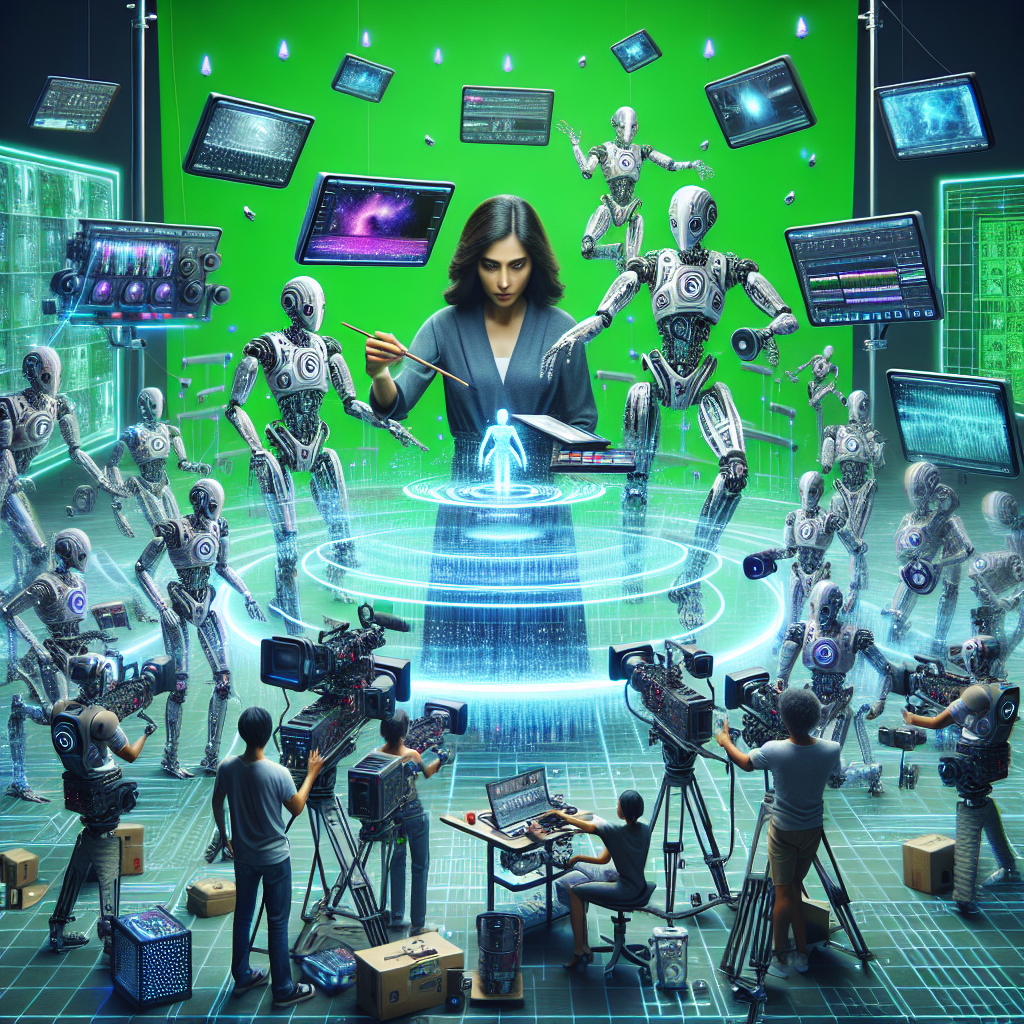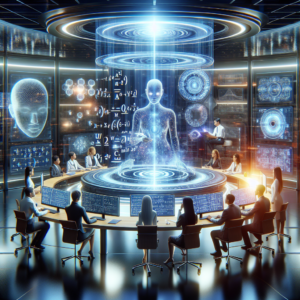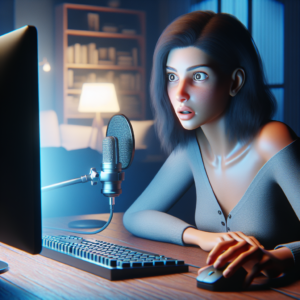James Cameron Wants To Use AI To “Cut The Cost” Of Filmmaking
In an age where technology is transforming every aspect of our lives, the film industry is no exception. Renowned filmmaker James Cameron, known for blockbuster hits like “Avatar” and “Titanic,” has recently expressed his interest in utilizing artificial intelligence (AI) to reduce the costs associated with filmmaking. This bold statement has sparked discussions across the industry about the role of AI in creative processes and the future of cinematic storytelling.
The Vision of James Cameron
James Cameron is not only a visionary director but also an innovative thinker when it comes to the integration of technology in filmmaking. During a recent interview, he opened up about his ideas on how AI could transform traditional filmmaking practices. Cameron believes that by harnessing the power of AI, filmmakers can streamline various aspects of production, from pre-production planning to post-production editing.
Reducing Costs with AI
One of the most appealing aspects of using AI in filmmaking is the potential for significant cost reduction. Here are a few ways AI can help filmmakers save money:
- Script Analysis: AI algorithms can analyze scripts to predict their success, helping studios make informed decisions about which projects to greenlight.
- Production Scheduling: AI can optimize shooting schedules, ensuring that resources are allocated efficiently and minimizing downtime on set.
- Visual Effects: AI technologies can automate certain visual effects processes, reducing the time and labor costs associated with traditional methods.
- Editing and Post-Production: Machine learning models can assist editors by suggesting cuts and transitions based on established patterns in successful films.
These advancements offer a glimpse into a future where filmmaking could become more accessible, enabling independent and emerging filmmakers to produce high-quality content without the burden of overwhelming expenses.
AI and Creative Storytelling
While the financial benefits of utilizing AI in filmmaking are undeniable, it also raises important questions about creativity and the essence of storytelling. Cameron acknowledges that the role of human creativity remains irreplaceable, even in the face of advanced technology. He emphasizes the need for a balanced approach where AI serves as a tool for filmmakers rather than a replacement for human ingenuity.
The Role of Human Creativity
Filmmaking is an art form that relies heavily on emotional connections and storytelling. AI, while capable of processing vast amounts of data, lacks the ability to fully comprehend human emotions and the nuances of storytelling. Here’s why human creativity is essential:
- Emotional Depth: Great films resonate with audiences on an emotional level. While AI can analyze trends, it cannot replicate the genuine human experience.
- Unique Perspectives: Each filmmaker brings their own unique perspective and voice to their work, something that cannot be programmed into AI.
- Cultural Context: Storytelling is often influenced by cultural nuances and societal issues. AI may not fully grasp these complexities.
Cameron believes that the key lies in finding a harmonious balance between AI capabilities and human creativity. By leveraging AI to handle more mundane tasks, filmmakers can focus more on the creative aspects of their projects.
The Future of Filmmaking: Collaboration Between AI and Humans
As AI technology continues to evolve, its application in the film industry will likely expand. The potential for collaboration between AI and human filmmakers presents an exciting frontier. Here are some ways this collaboration can manifest:
- Enhanced Pre-Production: AI tools can assist in scouting locations, casting decisions, and budgeting, allowing filmmakers to spend more time refining their creative vision.
- Interactive Storytelling: AI can help create interactive experiences, where audiences have a say in story outcomes, paving the way for new narrative forms.
- Audience Analysis: AI can analyze viewer preferences and feedback, allowing filmmakers to tailor their content to better meet audience demands.
Such collaborations could lead to an era of filmmaking that not only reduces costs but also enhances the overall quality of the films produced. As more filmmakers embrace AI technologies, the industry may witness a creative renaissance, driven by new ideas and innovations.
Industry Reactions to AI in Filmmaking
The film industry is known for its diverse opinions, and the prospect of incorporating AI into filmmaking has elicited a range of reactions. Some industry veterans welcome the advances, seeing them as an opportunity for growth and evolution, while others express caution about reliance on technology. Here’s a look at the diverse perspectives:
- Supporters: Many believe that AI can democratize filmmaking, making it easier for independent filmmakers to produce high-quality content without substantial budgets.
- Skeptics: Some traditionalists worry that an over-reliance on AI may dilute the artistry of filmmaking, leading to formulaic and less engaging stories.
- Balanced Approach: A growing number of filmmakers advocate for a balanced approach, where technology complements creativity rather than overshadowing it.
The ongoing discourse highlights the importance of considering both the benefits and drawbacks of AI integration in filmmaking. As the industry navigates the complexities of this technological transformation, the future of cinema remains uncertain yet filled with potential.
Conclusion
James Cameron’s vision for utilizing AI to “cut the cost” of filmmaking presents a fascinating glimpse into the future of the industry. While the prospect of reduced production costs and enhanced efficiency is appealing, it is crucial to remember that storytelling is an inherently human endeavor. The integration of AI should aim to empower filmmakers, allowing them to focus on their craft and creativity.
As filmmakers embrace new technologies, the collaboration between AI and human artistry could lead to groundbreaking advancements in cinematic storytelling. Only time will tell how this balance will shape the future of filmmaking, but the excitement surrounding these possibilities is palpable. With pioneers like Cameron leading the charge, the evolution of filmmaking may hold even more surprises in store.



